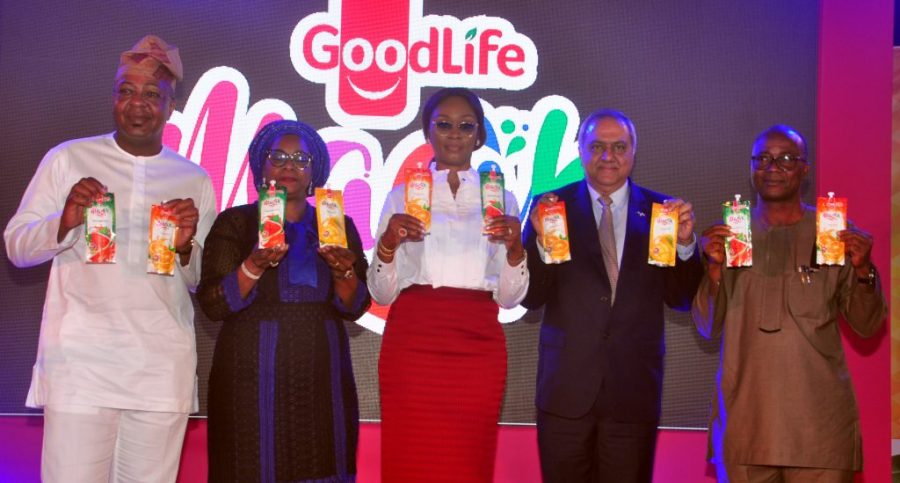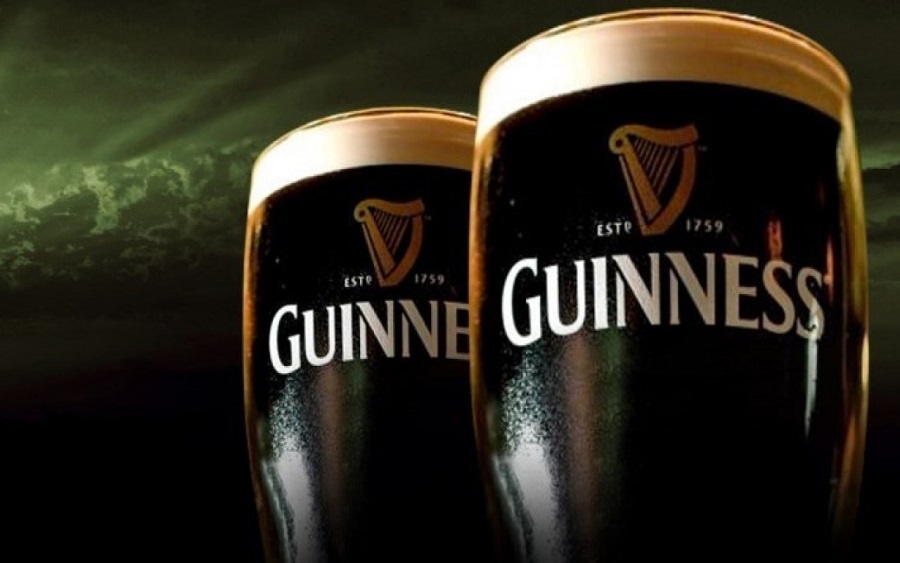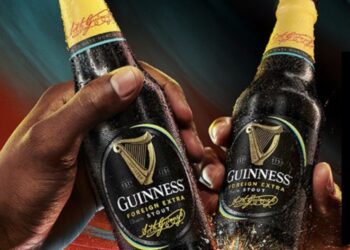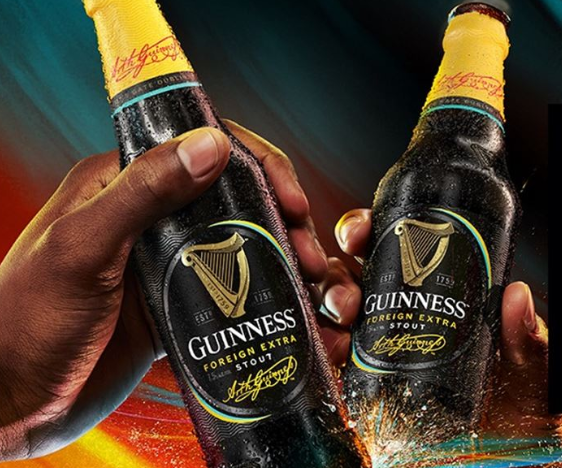Tolaram Group, one of the largest conglomerates in West Africa, recently launched its fruit drink, GoodLife Magik into the market, further diversifying the company’s portfolio – a move that now makes Tolaram a stakeholder in various markets that include noodles, pasta, and vegetable oil, among many others. However, looking at the history of the company and fruit drink market in Nigeria, the product might not be worth the buzz.
Despite the fanfare that ushered it in, this expansion into a new market is not exactly a ground-breaking feat for Tolaram, as it offers nothing new to consumers of fruit drinks.
Although GoodLife Magik is a drink produced for kids, it still doesn’t have any unique offering that separates it from competitors like Ribena and Happy Hour.

[READ MORE: Something Easy is here! Your Phone Number is Your Account Number!]
Tolaram’s grip on some segments of Nigeria’s fast-moving consumer goods market is visible, with its household brands ranging from Indomie to Hypo, Power oil, and many other consumer-driven edibles, but its GoodLife Magik brand is likely to struggle, as it goes into an already saturated market with nothing new to offer.
The herculean task ahead: Established companies are known to take advantage of their existing value to drive their new products. This has worked for many, but such luck is usually experienced in a market with relatively unpopular brands that lack nationwide distribution chains. That’s not the case for the fruit drink market.
The market is dominated by brands like Ribena, Happy Hour and Viju which are subsidiaries of household FCMG manufacturers as well. These companies have had the fruit drink market on lockdown for close to a decade or more, therefore penetrating it requires a unique idea.
Though the Group Managing Director of Tolaram, Harkishin Aswani, hopes for a success story, the company, however, risks experiencing a failed attempt at breaking even, as a successful disruption in a market like the fruit drink business will be at an astronomical cost. Though Tolaram is capable of funding it, the end result might not be worth it.
Why GoodLife Magik makes no difference: The brand seems to be old wine in a new bottle, as its health benefits are no different from those of existing products in the market. Nairametrics learnt that like all other competing brands, Tolaram’s new product hides under the umbrella of ‘healthy nutrition’ for the children, with other promises like ‘great taste’.
[READ MORE: NASCON targets increased market share via product innovation]
The GoodLife Magik brand comes in three variants: Orange, Watermelon and Mango, with key nutrients such as Vitamin-C and Glucose that improve immunity and give energy. All these are not enough to switch customer-loyalty among children or parents who in most cases do the buying and don’t consider product taglines.
Tolaram is no doubt a market disruptor, but the company’s ground-breaking history has been about offering something new or different from what the market is used to. That’s how the ‘Hypo go wipo‘ product was able to disrupt the bleach market and became a household brand.
Hypo came in an economic sachet pack at a period when competitors were busy flaunting plastic packages with premium prices. Hypo was cost-saving while maintaining its effectiveness. Also, the innovation behind the entry of Power Oil into the Nigerian market accelerated its acceptance among Nigerians. Power Oil was the first sachet oil to position itself among the lower-class, and this resulted in the brand’s growth.
Meanwhile, the company’s flagship, Indomie became an industry on its own, long before competitors began to creep into the noodles market.
However, Tolaram’s other products, such as Dano, that entered into the market the way GoodLife Magik did, have continued to play third fiddle to existing brands in the market.
Getting crumbs for great effort: While GoodLife Magik might not be able to disrupt the market, it has the marketing capability to compete for a fair market share, however little, but the story could end like that of Dano, another product to fill the shelf and not change the status quo.
While competitive pricing could have earned it a lion’s share, the market already has a fixed price which is N50 and going lower seems not to be a good business move for Tolaram, as it also fixed unit price for GoodLife Magik at N50. It’s a market that can’t easily be controlled by a newcomer despite Ribena selling for N70.
This means the saturated market doesn’t favour anyone, at least not the consumers, so GoodLife Magik‘s market entry is not a big deal.
[READ MORE: Samsung’s N712,000 foldable ‘Galaxy Fold’ can break without falling]
























Good afternoon,your product especially the good life magik is very nice,but I need to call your attention to something very crucial,ever since the cap had been removed,and you fail to put an alternative probably a stroll my kids have been finding it difficult to open by themselves except with the help of somebody.something ugent needs to be done so as not to loose customers because is the children that are taken it most.